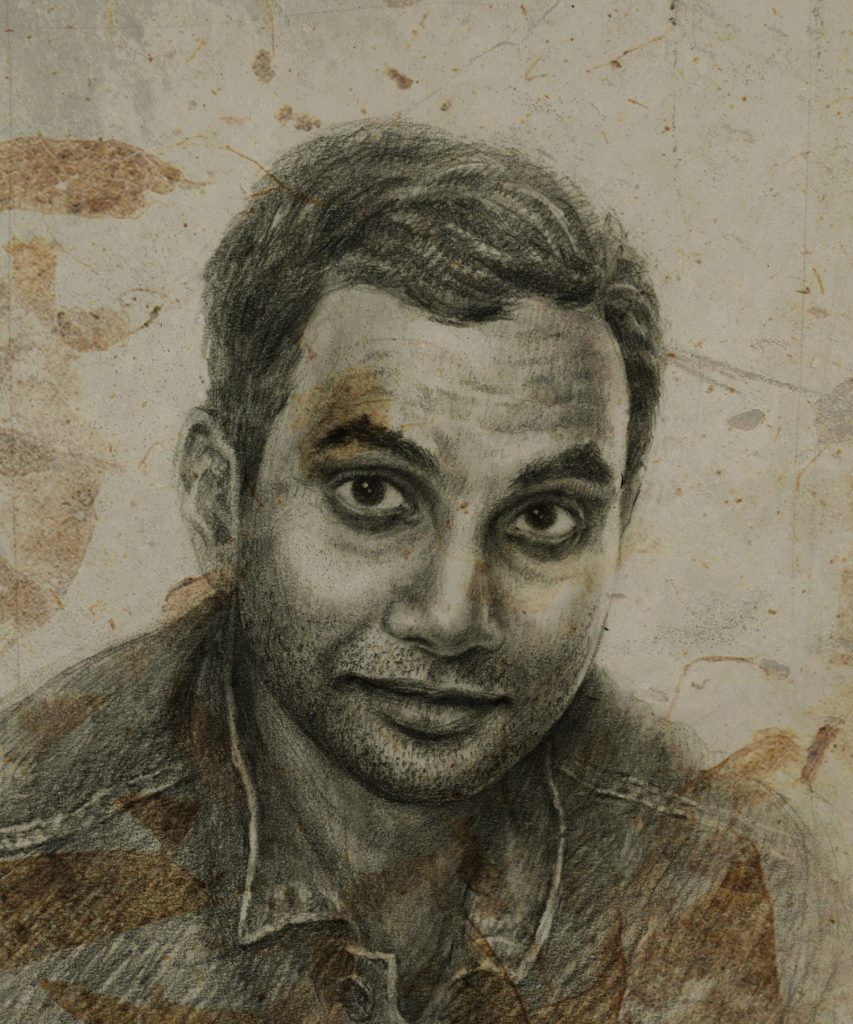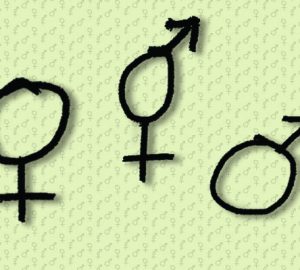The buzz about Aziz Ansari proves this: the women’s revolution must unite
Do not lose sight of who the enemy is in this revolution against sexual misconduct.

An opinion article published by the New York Times last week openly condemned an alleged #MeToo article posted on the feminist website Babe. I say “alleged” because the #MeToo movement has been giving sexual assault victims a voice since October of 2017, but the article posted on Babe titled, “I went on a date with Aziz Ansari. It turned out to be the worst night of my life,” may not actually contain sexual assault.
The article tells the story of a 22-year-old woman, given a fake name of Grace for privacy reasons, who went on a date with Ansari after meeting at a party. She discusses returning to his home after dinner and proceeding to engage in sexual activity with him. She describes feeling uncomfortable and portrays Ansari in a way that makes him seem pushy.
Yet, she doesn’t say no.
“Aziz Ansari is Guilty. Of Not Being a Mind Reader” was the title of the responding article published in the New York Times, in which writer Bari Weiss claims the Babe article is “arguably the worst thing that has happened to the #MeToo movement since it began in October.” Weiss argues that Grace did not experience sexual assault, but “there is a useful term for what this woman experienced on her night with Mr. Ansari. It’s called ‘bad sex.’ It sucks.”
While Weiss’s argument against the Babe article may seem a little harsh on the alleged victim in the scenario, it is important to note that the article makes one key argument: women should not be silent and complicit. Isn’t that the whole point of the #MeToo and Time’s Up movements?
Weiss quotes famous feminist writer Margaret Atwood’s most recent article to back up her point: “Nor do I believe that women are children, incapable of agency or of making moral decisions. If they were, we’re back to the 19th century, and women should not own property, have credit cards, have access to higher education, control their own reproduction or vote. There are powerful groups in North America pushing this agenda, but they are not usually considered feminists.”
All of Weiss’s points are well-written truths and her argument raises an important question. Yet, as I read both articles, switching back and forth between tabs, trying to sort through all of this and attempting to decide my feelings on Grace’s night with Ansari as well as what qualifies consent, I couldn’t help but think the #MeToo movement shouldn’t be dividing women. I couldn’t make a conclusion and point my finger at another woman even though Weiss was right.
We are in a women’s revolution. We are the revolution and we must stand united. At the most recent women’s march in Los Angeles, Scarlett Johansson seemed to confront the Ansari story by saying “if a person isn’t saying yes, but they aren’t saying no, how can anyone feel justified to make that decision for them?” It is time to decide, as a united group, what qualifies as consent. We must have a voice; we must be able to say no, but we must also trust that someone will not “make the decision for us.”
Despite this being an opinion article, I cannot decide this alone. I cannot call a verdict on the opposing arguments concerning Grace and Ansari. I cannot say if what happened that night was consensual, and I cannot decide for the entire feminist movement how we will qualify consent from this point on. We must come together and decide together, as a whole. We must not fight with each other nor point fingers at one other because we are not the enemy. Do not lose sight of who the enemy is in this revolution.



























